This post was written by intern Zeke Rouse
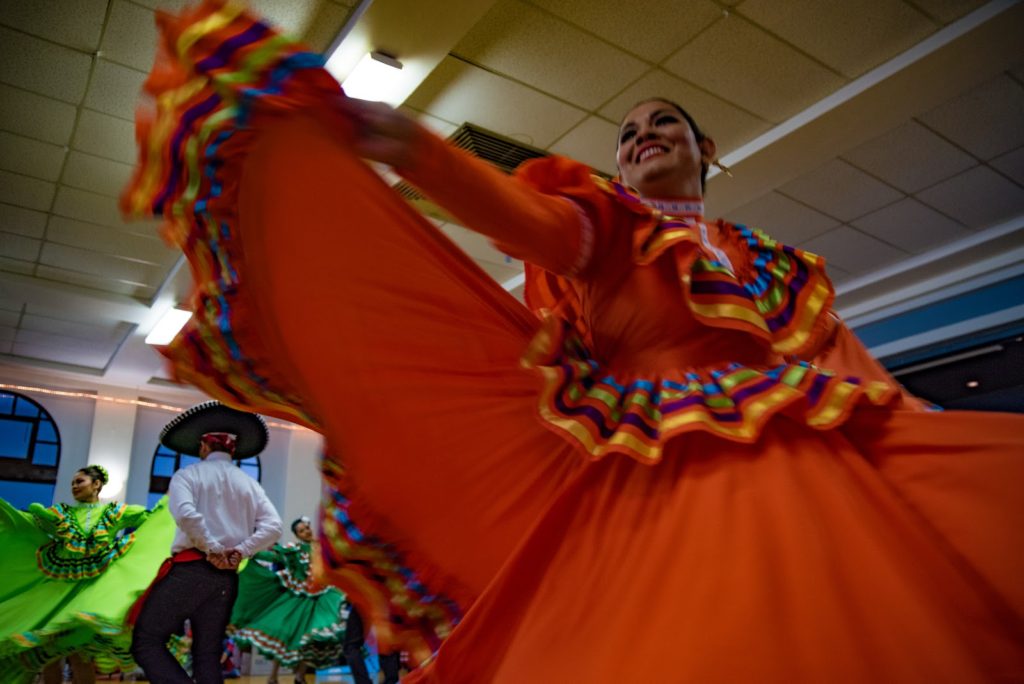
When I often hear “actions speak louder than words”, I think to myself that sometimes music can speak louder than anything.
Continue reading “Welcoming Voices: Without music life would b flat”
This post was written by intern Zeke Rouse

When I often hear “actions speak louder than words”, I think to myself that sometimes music can speak louder than anything.
Continue reading “Welcoming Voices: Without music life would b flat”
Our communities are strongest when everyone feels valued, safe, and respected. The Asian-American and Pacific Islander population in Nebraska is growing, and contributes greatly to our local communities as faith and business leaders, artists, students, teachers, and in many other roles. Unfortunately, our Asian-American friends and neighbors are also experiencing increased discrimination based on misplaced anxiety and fear related to the pandemic.
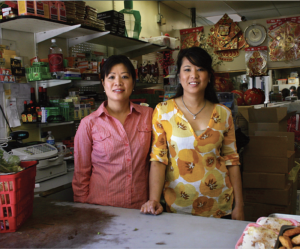 The recent uptick of discrimination and intolerance against Asian-Americans – nationally as well as within Nebraska – has certainly been fueled by racist rhetoric and messaging, including from top government leaders who wrongly referred to the COVID-19 pandemic using false names that stoked unfounded fears and perpetuated stigma about Asian Americans. These actions have been extremely harmful to our community at large.
The recent uptick of discrimination and intolerance against Asian-Americans – nationally as well as within Nebraska – has certainly been fueled by racist rhetoric and messaging, including from top government leaders who wrongly referred to the COVID-19 pandemic using false names that stoked unfounded fears and perpetuated stigma about Asian Americans. These actions have been extremely harmful to our community at large.
Continue reading “Supporting our Asian-Americans Friends and Neighbors”
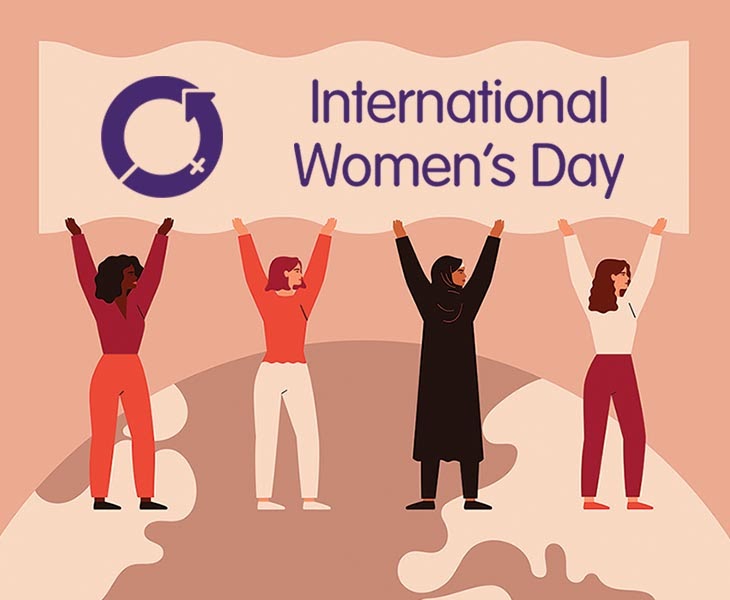
In March we celebrate women in two ways. Today, March 8th is International Women’s Day and in the United States we recognize Women’s History Month throughout the month.
Continue reading “Women’s History Month: From Challenge Comes Change”
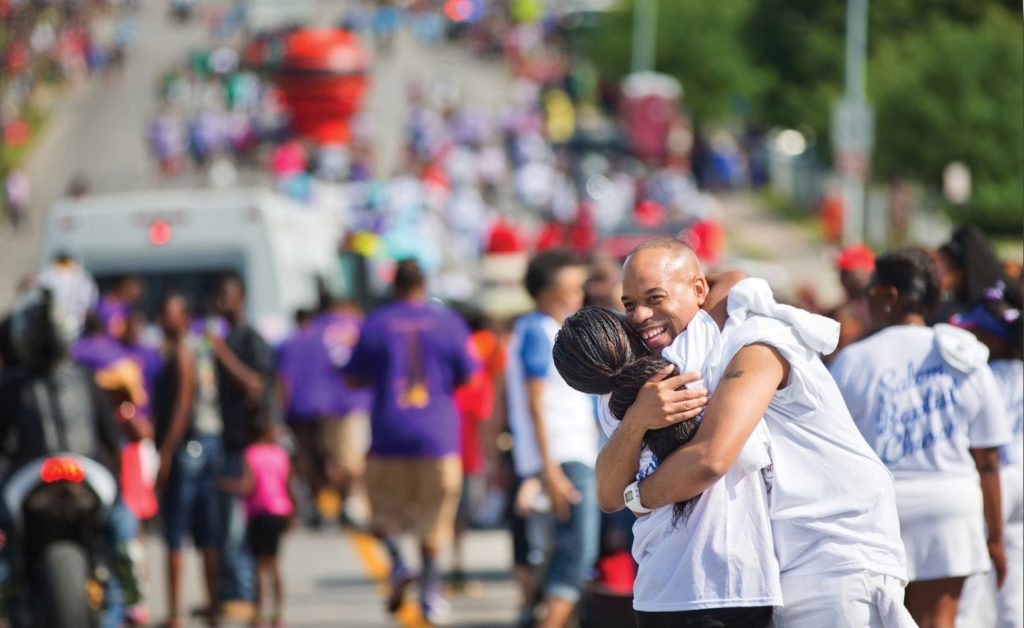
Every February, we focus on learning ‘Black history’, in other words, the American history that must be central to any true study of our country. Black history is ingenuity, innovation, and the ongoing pursuit of truth and justice moving this nation closer to its ideals of liberty and democracy. But history does not live in some distant, disconnected, and stagnant past, and it’s definitely not a lesson we should study in February alone.
Continue reading “Let’s listen to Black community members today and every day”
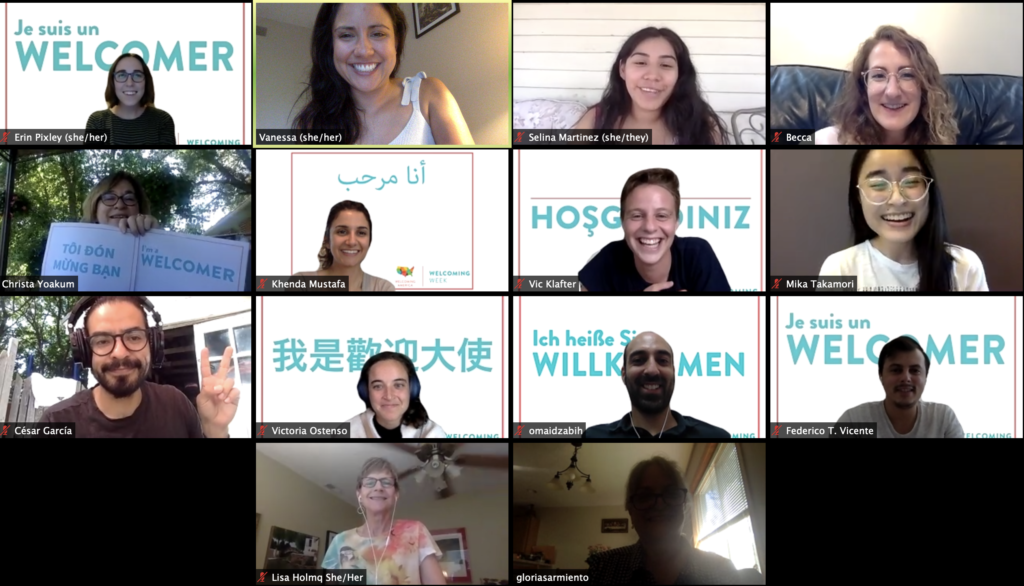
Building welcoming communities happens primarily on the local level, but it takes a commitment from leadership at all levels to truly create an inclusive nation that sees immigrants and refugees as a valuable part of its social and cultural fabric. That’s why we are pleased that the Biden Administration renewed the Task Force for New Americans, an important step toward ensuring the federal government is investing in welcoming communities for all Americans. Continue reading “Renewing the Task Force for New Americans is a step in the right direction”
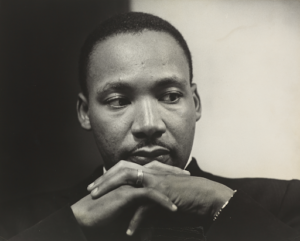 Martin Luther King Jr. Day is on Monday, and here at Nebraska Is Home, we like to think of this as a day on rather than a day off of work. It’s a day of service, reflection, and education, as we commit ourselves to fostering a welcoming Nebraska, where everyone feels they belong – no matter their background or country of origin. We feel that building a more just and equitable society is the best way to honor the legacy of Dr. King Jr., a Black man who inspired people to fight against injustice of all kinds. Continue reading “Martin Luther King Jr. Day of Service, Reflection, and Education”
Martin Luther King Jr. Day is on Monday, and here at Nebraska Is Home, we like to think of this as a day on rather than a day off of work. It’s a day of service, reflection, and education, as we commit ourselves to fostering a welcoming Nebraska, where everyone feels they belong – no matter their background or country of origin. We feel that building a more just and equitable society is the best way to honor the legacy of Dr. King Jr., a Black man who inspired people to fight against injustice of all kinds. Continue reading “Martin Luther King Jr. Day of Service, Reflection, and Education”
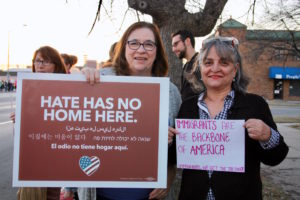 We witnessed an attack on our Capitol and on our democratic process last week. This act was intended to disrupt our democratic process. This act also revealed very publicly the deep and historically long chasm of racism in our country. Continue reading “We Cannot Tolerate Hate, Nativism, and American Exceptionalism”
We witnessed an attack on our Capitol and on our democratic process last week. This act was intended to disrupt our democratic process. This act also revealed very publicly the deep and historically long chasm of racism in our country. Continue reading “We Cannot Tolerate Hate, Nativism, and American Exceptionalism”
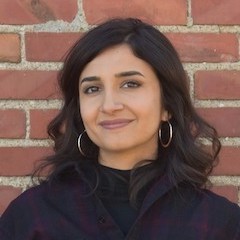 Welcome to Tea Time. I’m joining you from the ancestral land of the Ogalala, Sioux, and the Omaha nation. Do you know the Indigenous history of the place where you live? This interactive “native lands” map is a great place to start to learn more about the original inhabitants who stewarded the land for generations and who placed a piece of their love into the land. Read more about how “Nebraska Is Home” means recognizing and celebrating our state’s indigenous past, present, and future. Continue reading “Pour yourself something warm! Tea Time w/ Khenda”
Welcome to Tea Time. I’m joining you from the ancestral land of the Ogalala, Sioux, and the Omaha nation. Do you know the Indigenous history of the place where you live? This interactive “native lands” map is a great place to start to learn more about the original inhabitants who stewarded the land for generations and who placed a piece of their love into the land. Read more about how “Nebraska Is Home” means recognizing and celebrating our state’s indigenous past, present, and future. Continue reading “Pour yourself something warm! Tea Time w/ Khenda”

For those who call Nebraska ‘home,’ we are on the native land of the Pawnee, Omaha, Cheyenne, Oglala, and many others. Native American Heritage Month is an opportunity to recognize and celebrate the continuing contributions of Native Americans in our communities and throughout the state of Nebraska. It is an opportunity to read the works of Native authors and poets. Learn more about the land you inhabit and who is indigenous to this land with this interactive map. Continue reading “‘Nebraska is Home’ means recognizing and celebrating its indigenous past, present, and future”

Nebraska Is Home is excited to introduce a virtual learning and engagement opportunity that will help you progress toward your equity and inclusion goals! We invite you to join us for a training and conversation using powerful tools that you can continue to use in your work. Continue reading “REGISTER TODAY – Training & Conversation on Race Equity Nov 16 & 18”